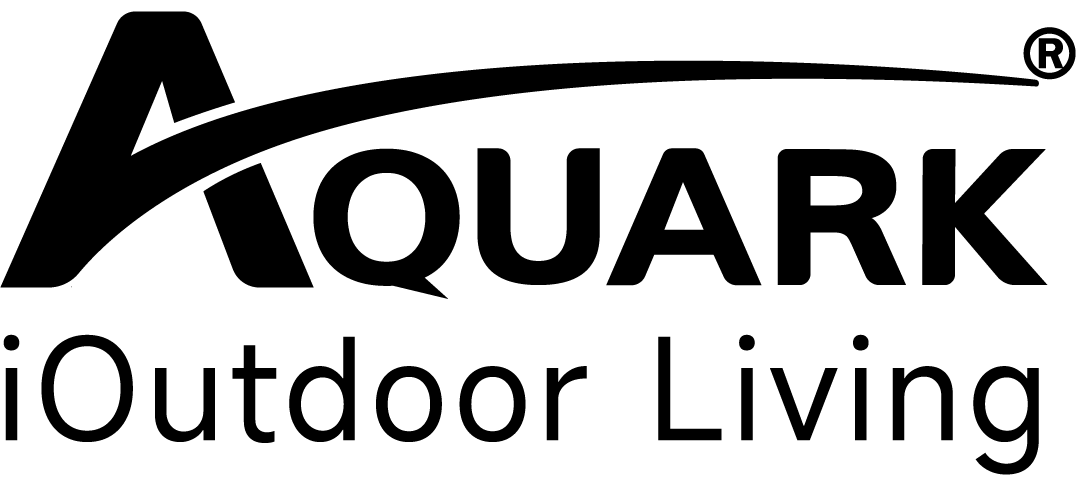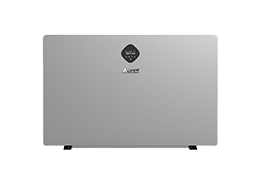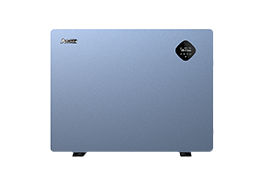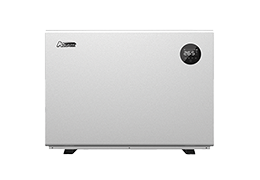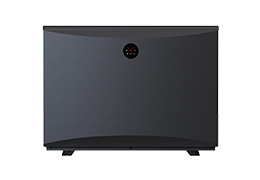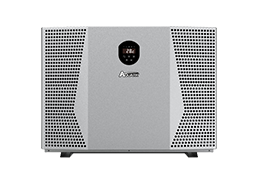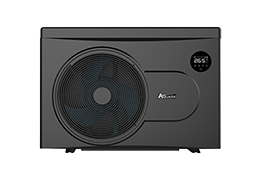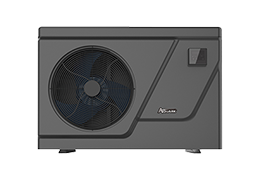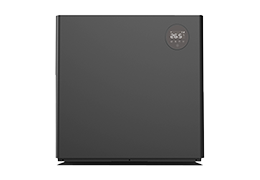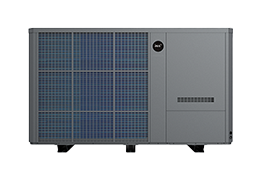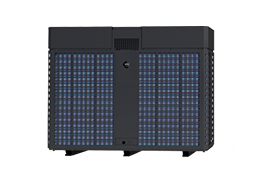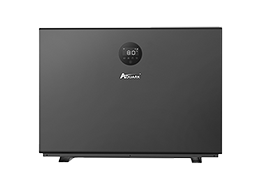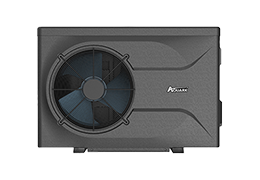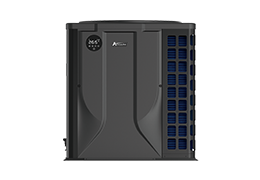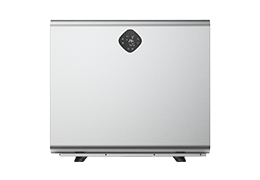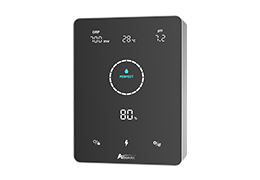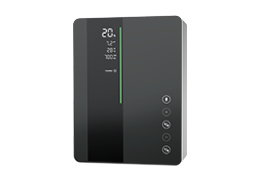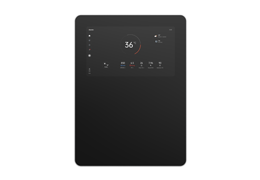Harsh weather regularly causes major damage to pools and spas, particularly in areas prone to hurricanes and floods. The Tony Bertrand Aquatics Centre in Lyon recently had to close its doors for a few days because of a flood. If you are the manager of a public pool, here are a few pieces of advice you should pass on to your staff:
PRECAUTIONS PRIOR TO LAUNCHING ANY REPAIR WORKS
1.Make sure the power network is safe
Following a big storm, many accidents occur because of faulty power installations. To avoid this, be sure to cut off the power supplying all the equipment: heating, lights, spa, etc.
If the switchboard is not accessible or is too badly damaged, call a professional immediately and do not start any works.
2. Personal safety
The flood may contaminate the water in your pool by introducing polluted water. Make sure you do not come into direct contract with this water until it has been treated.
3. Chemicals
The chemicals you have stored in your premises may be mixed together during a flood. If that is the case, it is best to contact the fire brigade directly in order to avoid any chemical reactions that could result in a fire, an explosion or a toxic cloud.
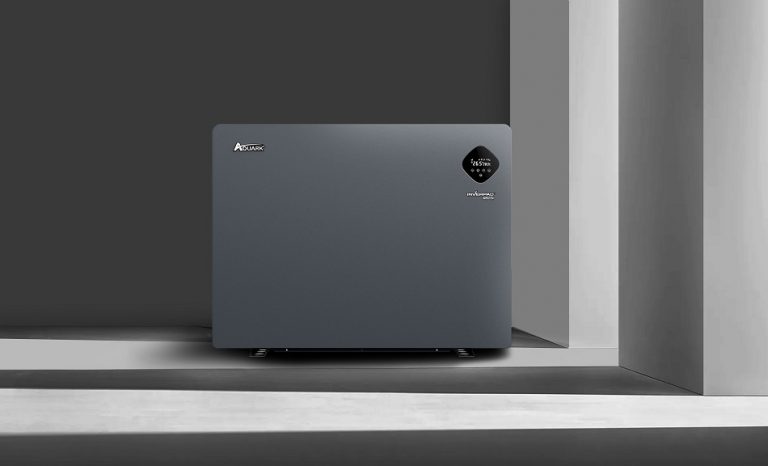
PRECAUTIONS DURING THE REPAIR WORKS
The caretakers at your public pool must follow these procedures to protect themselves as much as possible during cleaning or repair operations.
1. Wear personal safety gear
Rubber boots, protective gloves and glasses are some of the gear they need to wear in order to ensure they are fully protected.
2. Wash their hands
Even if they have been wearing gloves, it is important that they wash their hands carefully, using the appropriate products.
3. Clean their clothes
Make sure their clothes are cleaned properly with a mix of hot water and bleach.
All the surfaces that have been in contact with the contaminated water – pool ladder, pool equipment, floor, etc. – must also be cleaned to prevent any contamination. These guidelines will help you be prepared in the event of a flood at your public pool and/or spa.
